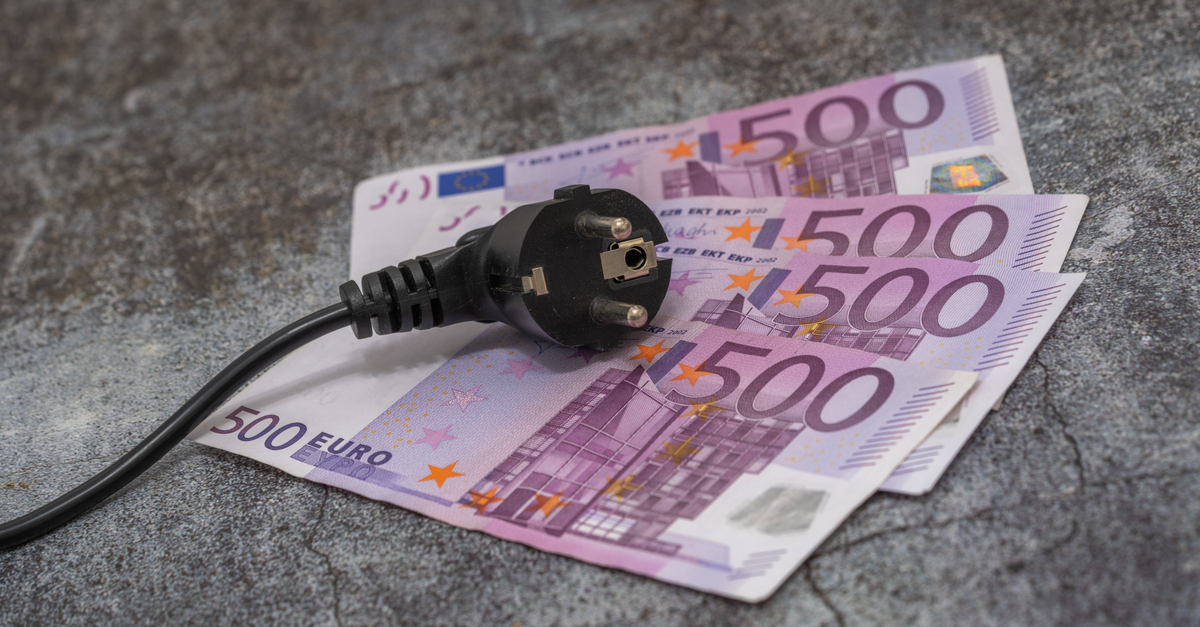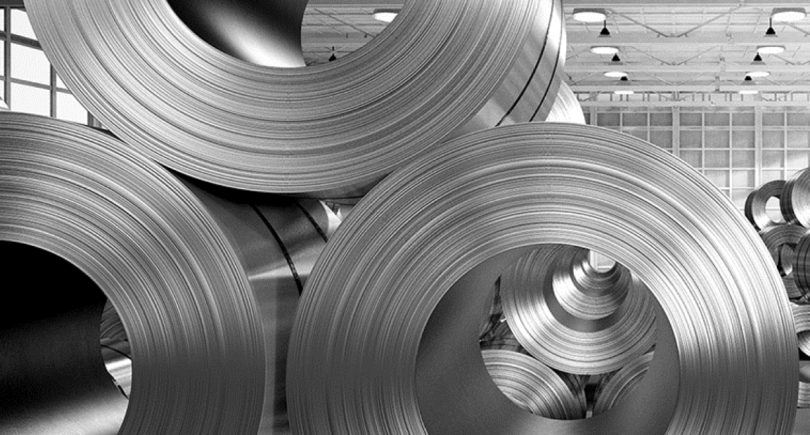
News Global Market Italy 690 04 July 2023
The Italian government is likely to abolish the exemption from electricity transmission and distribution charges for energy-intensive industries
The costs of Italian steelmakers for electricity may increase by 35%. The Italian government is likely to cancel the tax credit and tax exemption for transmission and distribution of electricity for such energy-intensive industries. Antonio Gozzi, president of the Italian association of steel producers Federacciai, told about it, reports Kallanish.
«While the French and German governments have taken concrete measures to support energy-intensive industries that are experiencing this energy crisis, the opposite is happening in Italy,» Gozzi comments.
French industry currently pays around €42/MWh, while German steelmakers pay €60/MWh. Taking into account the tax credit and exemption from electricity distribution charges, Italian steelmakers pay around €100/MWh. Without government assistance, energy-intensive industries will pay approximately €120/MWh.
Federacciai and the national industrial association Confindustria are negotiating with the Italian authorities to implement projects that will allow Italian companies to equalize electricity costs with France and Germany.
In particular, the Italian electricity operator has 25 TW of energy produced by renewable sources. The industry proposes not to direct this energy to the exchange, but to sell it to energy-intensive industries within the country at a reduced price of €50/MWh. Industry will recoup the difference between the real and the discounted price by investing in renewable energy sources.
In case of rising energy prices, Italian steelmakers risk losing competitiveness.
«We sold steel to our customers based on a certain cost of electricity, which is 33-35% of the total cost of steel,» added President Federacciai.
In the near future, Federacciai and Confindustria will propose the government to end the electricity distribution fee exemptions from January 1, 2024, as the rules should not change dramatically. The associations will also ask the government to reduce, not end, the tax credit from the current 25% to 20%.
As GMK Center reported earlier, the European Commission called all EU countries to wind down current energy support measures by the end of 2023 to keep budget and fiscal targets within recommended limits. If new increases in energy prices are to be implemented again, they should be aimed at protecting vulnerable households and businesses, be affordable from a financial point of view, and maintain incentives for energy conservation.
Also, Italy in May 2023 reduced production volumes of steel by 9.5% compared to the same month of 2022 – to 1.995 million tons. The production of flat products decreased by 6.3% y/y – to 817,000 tons, and graded by 1.6% y/y – to 1.15 million tons. In January-May, the country’s steelmakers reduced steel output by 7.9% y/y – to 9.53 million tons.



